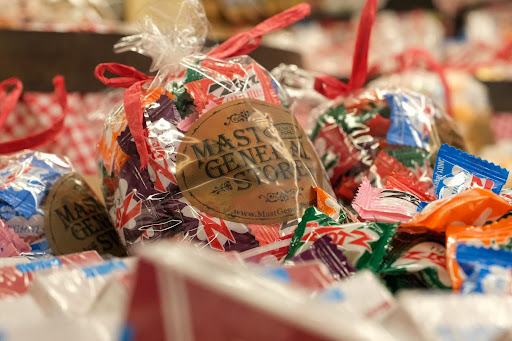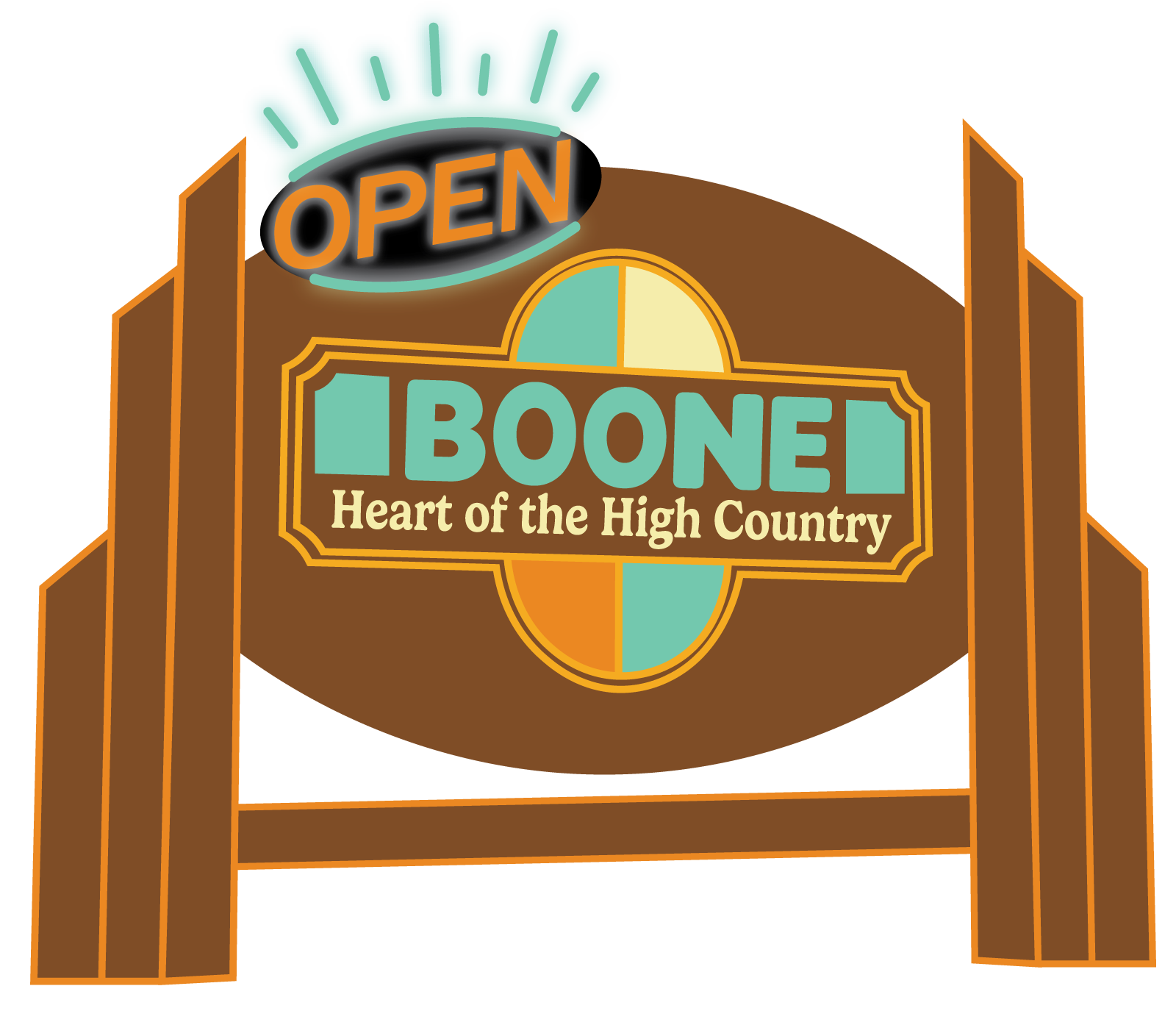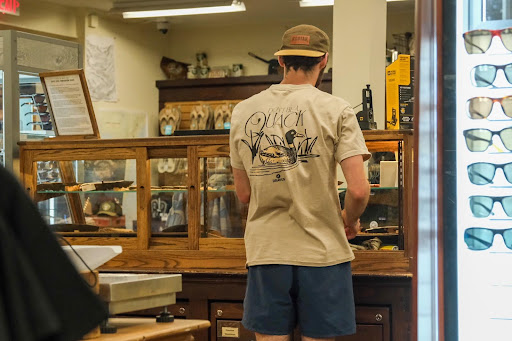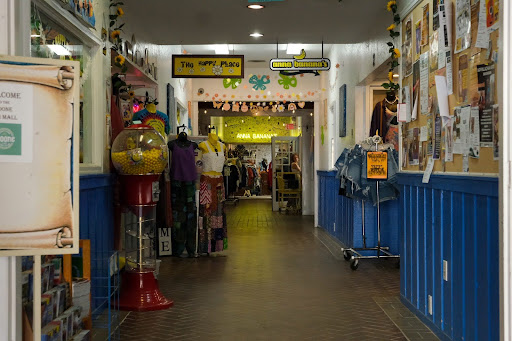Four weeks into the semester, Boone enters its first peak tourism season since Hurricane Helene, with crowds returning downtown. They also encounter a town that is at the start of their heaviest tourism season.
“The traditional start of the fall tourist season picks up with students coming back,” said David Jackson, president and CEO of the Boone Area Chamber of Commerce.
As the one-year anniversary approaches of Helene, locals and tourists alike are preparing for an unprecedented autumn. “We can anticipate some level of emotional response,” said Lane Moody, the downtown development coordinator for the town of Boone. Though Helene’s physical impact is still felt throughout the High Country, Moody holds a positive view toward downtown Boone and its upcoming tourist season.
“We don’t look the same as we did last year,” Moody said. “People have been working really hard to try to do their best to make sure that those cherished events that people have been going to for so long are as close to normal as they can be.”
With road closures, destruction to businesses, homes and state parks, the High Country was in a period of both physical and economic loss.

Fundraising efforts and grants given by both local organizations and state officials like Gov. Josh Stein have helped build back some of the losses local businesses faced following Helene.
The High Country Business Resiliency Disaster Grant — sponsored by the chamber, a nonprofit business advocacy organization — supported small businesses throughout the months after Helene.
The funding process began before the idea for the grant, which came after their team saw a need for supporting small and local businesses.
“As time moved on and we raised more money, we found that creating a disaster grant for small businesses to apply to is going to be essential,” Jackson said.
The grant applies to local businesses that have been directly affected by Helene, whether it be through economic loss, structural damage or other problems caused by the storm. So far, the chamber has raised around $1.1 million since the start of the grant in October 2024, with around $975,000 going directly to businesses — old, young and “everything in between,” Jackson said.
Support came from across the state and beyond, ranging from large donations to word-of-mouth exposure.
“The commonality to it was all people that have been impacted by the place, they’ve got married here, they’ve va

cationed here and they saw this area hurting and they — wanted to do whatever they could do to help,” Jackson said.
The chamber worked with Watauga, Ashe and Avery counties, focusing their efforts on businesses that struggled directly from Helene’s impact.
“Everywhere that was beautiful in this county was impacted,” Jackson said.
Businesses like Mast General Store pitched in to support Western North Carolinians. With their “Mountain Strong” collection, they raised over $200,000 for relief funds, according to Mast’s Storyteller, Sheri Moretz.
Consisting of T-shirts, crewnecks, sweatshirts and more, the collection provided a way for people to give to the Western North Carolina area. The funds raised by Mast went to local schools, small businesses and rivers, Moretz said.
With fundraising efforts and local support, downtown Boone and its businesses have seen growth over the months since Helene.
“Tourists can see this as an opportunity to see how much progress has been done,” Moretz said.
Boone’s businesses meet a new class of App State students each year, along with the usual tourism community, and though Helene recovery is far from over, the new tourism season provides a way to showcase recovery efforts.
“The cool thing about every freshman class, it helps us reimagine and redefine what our community looks like,” Jackson said. “Get involved, get connected. A lot of these small businesses were started by people that came up here and found a life here and established that life here through business ownership.”






